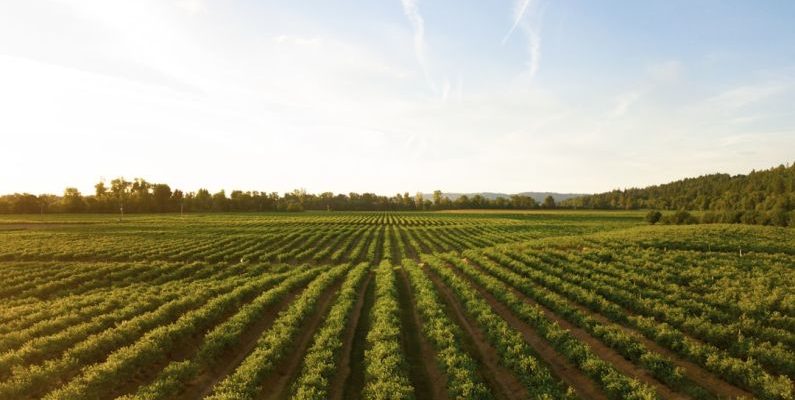The Economic Impacts of Automation in Agriculture
As technology continues to advance, the agricultural industry has witnessed a significant shift towards automation. Automation in agriculture involves the use of various technologies such as drones, robotics, and artificial intelligence to streamline farming processes. While these advancements bring about increased efficiency and productivity, they also have profound economic implications for the sector.
Boost in Productivity and Efficiency
One of the key economic impacts of automation in agriculture is the boost in productivity and efficiency. Automation technologies enable farmers to carry out tasks more quickly and accurately than manual labor, leading to increased output per unit of input. By automating repetitive and labor-intensive processes, farmers can optimize their operations and achieve higher yields with fewer resources. This uptick in productivity not only benefits individual farmers but also contributes to the overall growth of the agricultural sector.
Reduction in Labor Costs
Automation in agriculture has also led to a reduction in labor costs for farmers. With the adoption of technologies such as autonomous tractors and robotic harvesters, the need for human labor in certain tasks has decreased significantly. This reduction in labor costs allows farmers to reallocate resources to other areas of their operations or invest in further technological advancements. While this may raise concerns about job displacement, it is essential to acknowledge that automation creates new opportunities for skilled workers in the technology and engineering sectors.
Precision Agriculture and Data-driven Decision Making
Another economic impact of automation in agriculture is the rise of precision agriculture and data-driven decision making. Automation technologies collect vast amounts of data on soil health, crop growth, and weather patterns, enabling farmers to make informed decisions to optimize their yields. By leveraging this data, farmers can implement targeted interventions, such as precise application of fertilizers and pesticides, leading to cost savings and improved crop quality. The adoption of precision agriculture not only benefits individual farmers but also contributes to sustainable agricultural practices and environmental conservation.
Market Competitiveness and Global Trade
Automation in agriculture has the potential to enhance the market competitiveness of farmers on a global scale. By adopting cutting-edge technologies, farmers can increase their production efficiency and meet the growing demand for food products. This increased competitiveness enables farmers to expand their market reach and participate more actively in global trade. Moreover, automation allows farmers to produce high-quality crops consistently, meeting the stringent standards of international markets and securing a competitive edge in the global marketplace.
In conclusion, the economic impacts of automation in agriculture are profound and multifaceted. From boosting productivity and efficiency to reducing labor costs and enabling data-driven decision making, automation technologies are reshaping the agricultural landscape. As farmers continue to embrace automation, it is essential for policymakers and industry stakeholders to support the adoption of these technologies and ensure that the economic benefits are equitably distributed across the sector. Automation in agriculture is not just a technological advancement; it is a catalyst for sustainable growth and innovation in the industry.

